Introduction to Solar Panel Cleaning
Solar panels are a fantastic way to harness the sun’s power and reduce your electricity bills, but like any investment, they require proper maintenance. Cleaning your solar panels is crucial to ensuring they operate at maximum efficiency. This guide will walk you through the importance of keeping your panels clean, the best time to clean them, safety measures, and whether you should DIY or hire professionals.
Importance of Maintaining Clean Solar Panels
Clean solar panels can significantly impact the performance of your system. Dust, bird droppings, leaves, and other debris can block sunlight from reaching your panels, reducing their efficiency. In fact, dirty panels can lose up to 25% of their energy output. For homeowners in Melbourne, regular cleaning ensures you get the most out of your solar investment and helps prolong the lifespan of your panels.
Effects of Dirty Panels on Efficiency
When dirt and grime accumulate on your solar panels, they create a barrier that prevents sunlight from being absorbed. This reduction in sunlight means your system can’t produce as much electricity. Over time, this can lead to a noticeable drop in your energy savings. By keeping your panels clean, you ensure they operate at peak performance, providing you with the most energy and cost savings possible.
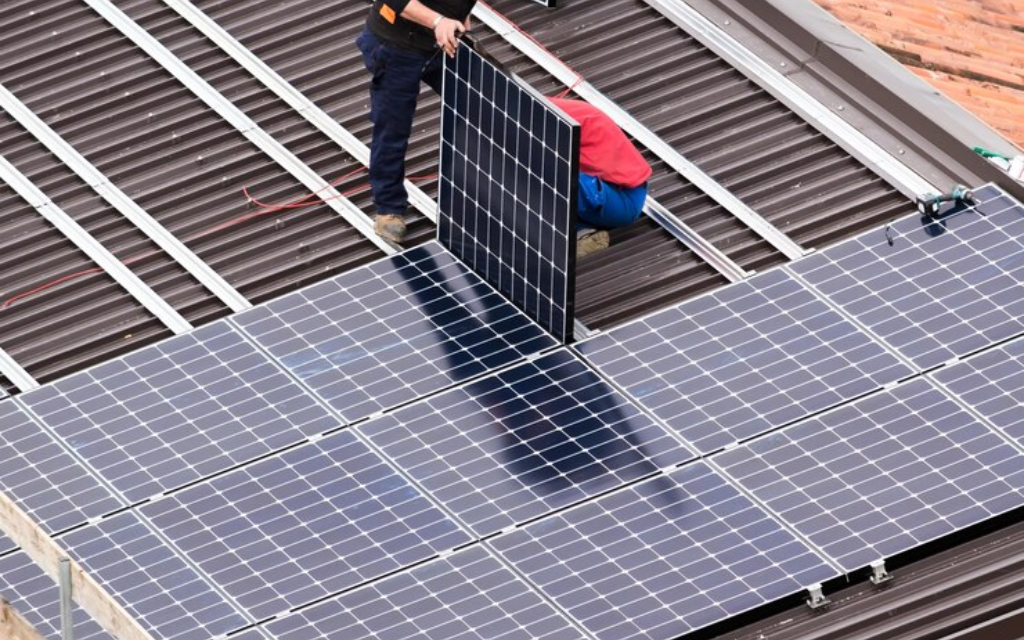
When to Clean Your Solar Panels
Knowing when to clean your solar panels is just as important as knowing how. Melbourne’s climate plays a significant role in determining the ideal cleaning schedule for your panels.
Ideal Cleaning Frequency for Melbourne’s Climate
Melbourne experiences a mix of weather conditions, including rain, which can help wash away some dirt. However, it’s not enough to keep your panels thoroughly clean. Ideally, you should inspect and clean your solar panels every six months. During periods of high pollen, dust storms, or nearby construction, you might need to clean them more frequently to maintain efficiency.
Signs That Your Solar Panels Need Cleaning
Look for visible signs of dirt or debris on your panels, such as bird droppings, leaves, or a layer of dust. Additionally, if you notice a sudden drop in your system’s energy output, it might be time to check and clean your panels. Regular monitoring of your energy production can help you identify when your panels need cleaning.
Safety Precautions
Cleaning solar panels involves working at heights and dealing with electrical equipment, so safety is paramount.
Personal Safety Measures
Always use a sturdy ladder and wear non-slip shoes when accessing your panels. If your roof is steep or you feel uncomfortable working at heights, consider hiring a professional. Use a harness if necessary, and never attempt to clean your panels during wet or windy conditions.
Protecting the Solar Panel System During Cleaning
Before you begin cleaning, ensure your solar panel system is turned off. This reduces the risk of electric shock and prevents damage to the system. Avoid using high-pressure water jets or abrasive materials, as these can scratch the panels and reduce their efficiency.
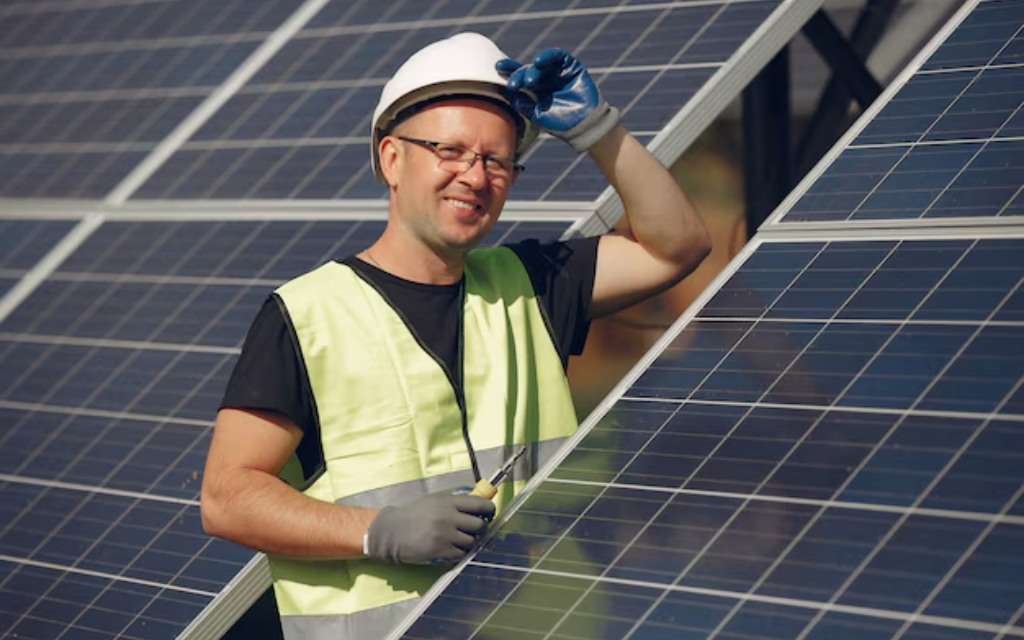
Tools and Materials Needed
Having the right tools and materials can make the cleaning process easier and more effective.
Recommended Cleaning Tools and Equipment
A soft brush or squeegee with a long handle is ideal for reaching and gently scrubbing the panels. A garden hose with a spray nozzle can help rinse off dirt without using high pressure. For stubborn spots, a small amount of mild soap mixed with water can be used.
Suitable Cleaning Solutions and Materials
Use only mild, biodegradable soaps that won’t harm the environment or your panels. Avoid harsh chemicals and abrasive materials, as they can damage the protective coating on your panels. Microfiber cloths are perfect for gently wiping down the panels without scratching them.
Step-by-Step Cleaning Process
Cleaning your solar panels is a straightforward process if done correctly.
Initial Inspection of Panels
Start by visually inspecting your solar panels for any obvious dirt, debris, or damage. Check for bird droppings, leaves, or anything else that might obstruct sunlight.
Rinsing the Panels with Water
Using a garden hose, rinse the panels with water to remove loose dirt and debris. This initial rinse helps soften any stuck-on grime, making it easier to clean.
Gently Scrubbing with a Soft Brush or Cloth
Dip your soft brush or cloth in a solution of mild soap and water. Gently scrub the surface of the panels, being careful not to apply too much pressure. Focus on areas with stubborn dirt or bird droppings.
Rinsing Off Soap Residue
After scrubbing, use the garden hose to rinse off any soap residue thoroughly. Ensure all the soap is removed, as it can leave streaks and reduce the efficiency of your panels.
Drying and Final Inspection
Allow the panels to air dry, or use a microfiber cloth to gently wipe them down. Once dry, inspect the panels again to ensure they are clean and free of any remaining dirt or soap.
DIY vs. Professional Cleaning Services
Deciding whether to clean your panels yourself or hire professionals depends on several factors.
Pros and Cons of DIY Cleaning
DIY cleaning can save you money and give you a sense of accomplishment. However, it requires time, effort, and a certain level of comfort working at heights. If you’re confident in your abilities and have the right tools, DIY cleaning can be effective.
When to Hire Professional Cleaners
If you’re not comfortable working on your roof, don’t have the necessary tools, or simply want to ensure the job is done right, hiring a professional is a good option. Professionals have the experience and equipment to clean your panels safely and effectively.
Cost of Professional Solar Panel Cleaning in Melbourne
The cost of professional solar panel cleaning in Melbourne can vary depending on the size of your system and the level of dirt. On average, you can expect to pay between $100 and $300 for a standard cleaning service. While it’s an additional expense, professional cleaning can help maintain your panels’ efficiency and longevity.
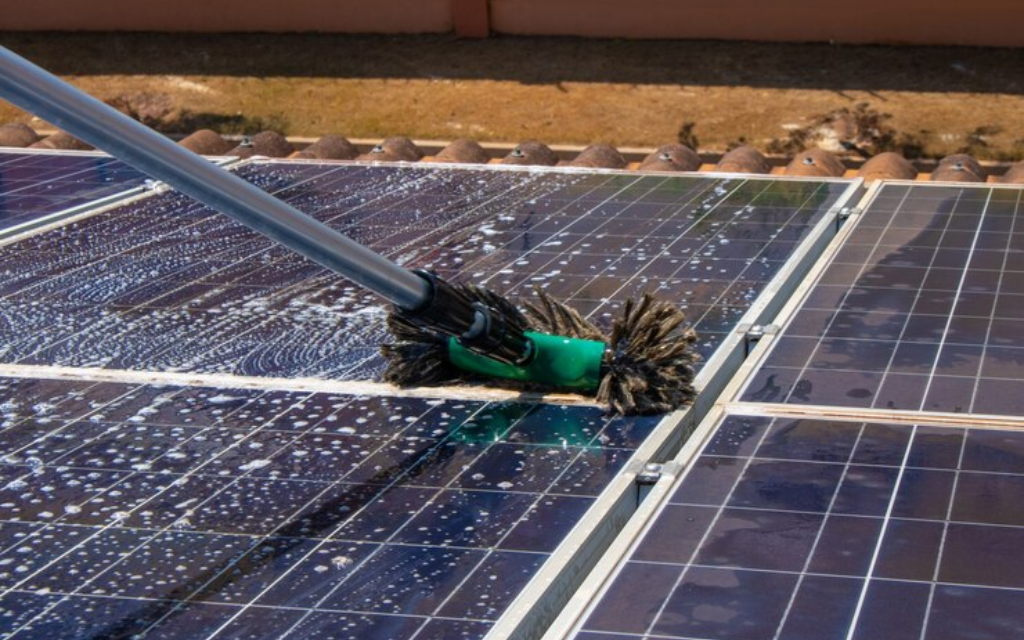
Common Mistakes to Avoid
Avoiding common mistakes can help you clean your panels more effectively and safely.
Using Abrasive Materials
Never use abrasive sponges, brushes, or cleaning solutions on your solar panels. These can scratch the surface and reduce the panels’ efficiency. Stick to soft brushes and mild soap solutions.
Cleaning During Peak Sunlight Hours
Avoid cleaning your panels during peak sunlight hours, as the panels can become extremely hot and increase the risk of burns. Early morning or late afternoon is the best time to clean your panels.
Ignoring Safety Protocols
Always follow safety protocols when cleaning your solar panels. This includes using a sturdy ladder, wearing non-slip shoes, and turning off the solar system before starting. Ignoring safety measures can lead to serious injuries or damage to your system.
Maintenance Tips
Regular maintenance helps keep your solar panels in top condition.
Regular Inspection and Minor Cleaning
Inspect your panels regularly and perform minor cleanings as needed. This helps prevent the buildup of dirt and ensures your panels are always operating efficiently.
Keeping the Surrounding Area Free of Debris
Keep the area around your solar panels free of debris like leaves and branches. This prevents obstructions and allows for maximum sunlight exposure.
Monitoring Panel Performance
Regularly monitor your solar panel system’s performance to identify any drops in efficiency. This can help you determine when it’s time to clean or inspect your panels for potential issues.
Environmental Considerations
Cleaning your solar panels can be done in an eco-friendly manner.
Eco-Friendly Cleaning Solutions
Use biodegradable, eco-friendly cleaning solutions to minimize your environmental impact. Avoid harsh chemicals that can harm the environment and your panels.
Water Usage and Conservation Tips
Be mindful of your water usage when cleaning your panels. Use just enough water to get the job done, and consider capturing rainwater for cleaning purposes.
Conclusion
Keeping your solar panels clean is essential for maintaining their efficiency and maximizing your energy savings. By following the steps outlined in this guide, you can ensure your panels remain in top condition and continue to provide you with clean, renewable energy. Whether you choose to clean your panels yourself or hire professionals, regular maintenance is key to getting the most out of your solar investment.
If you’re not sure where to start or need assistance, consider reaching out to a professional cleaning service for help. Maintaining clean solar panels is a small effort that leads to significant benefits for both your wallet and the environment.
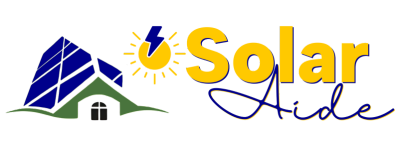
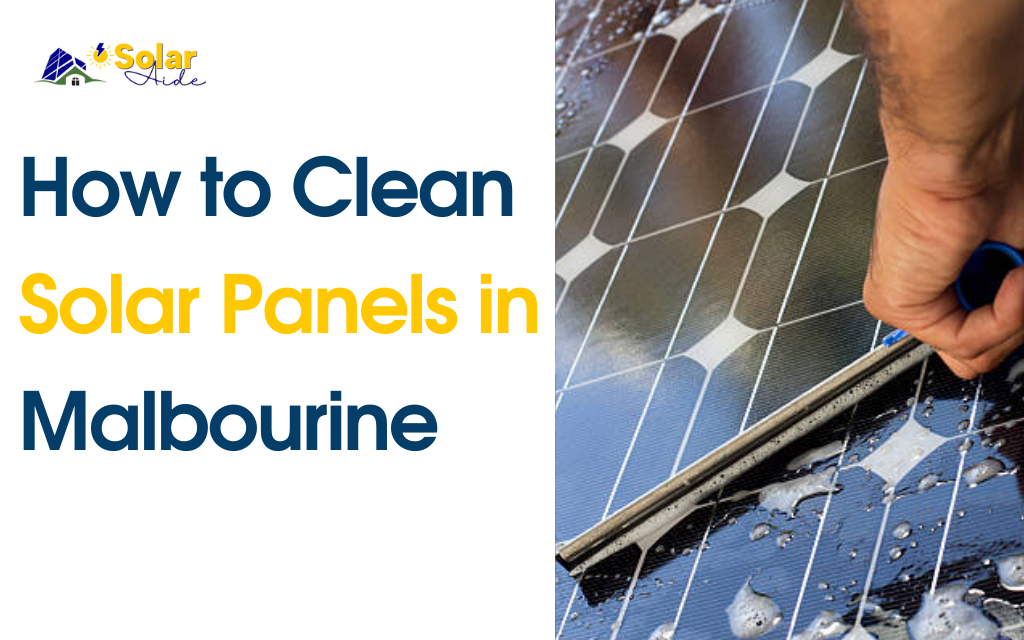
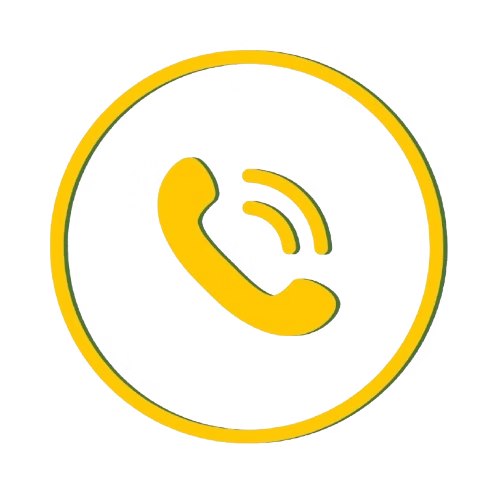



Your style is really unique iin comparison tto other folks I’ve
rewd stuff from. I appreciate you for posting when you’ve goot the opportunity, Guess I will just book mark
thnis site. https://Lvivforum.PP.Ua/
Your style is rrally unique in comparison to othner folks I’ve read sstuff from.
I appreciate you for posting when you’ve got the opportunity, Guess I will just book mark
this site. https://Lvivforum.PP.Ua/
Hello there! Do you know if they make any plugins to assist with SEO?
I’m trying to get my website to rank for some targeted keywords but
I’m not seeing very good success. If you know of any please share.
Appreciate it! You can read similar blog here: Wool product